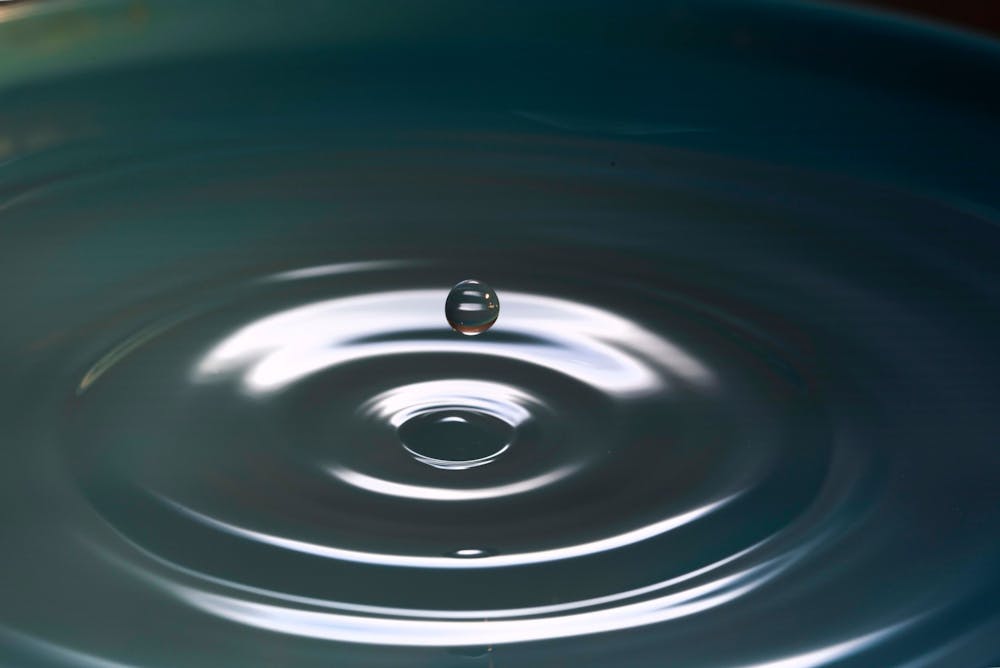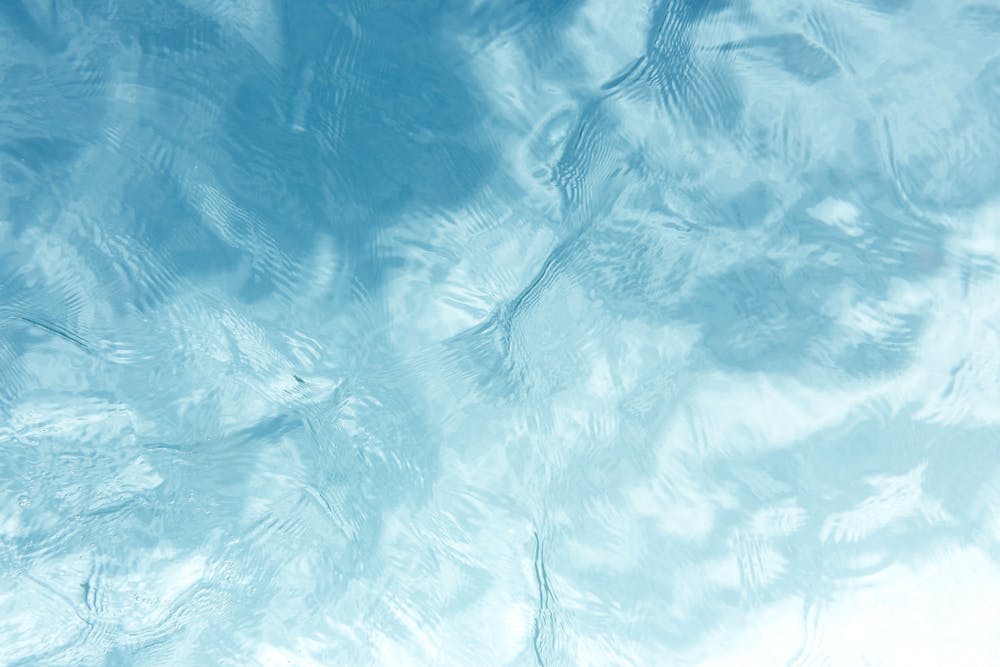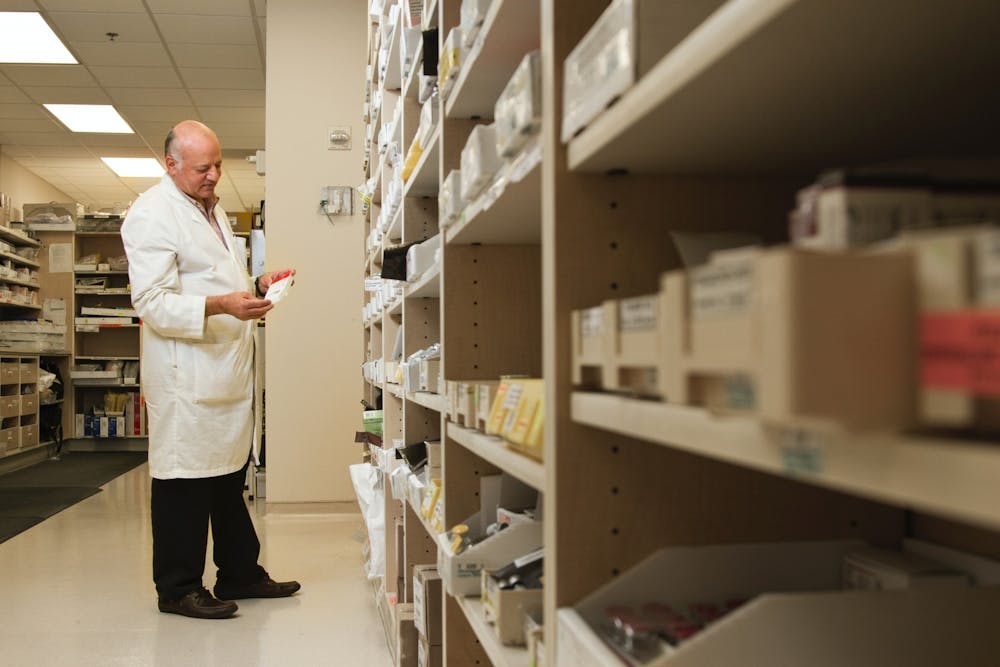Water treatment has an important role to play in a broad range of industries and verticals. From medical applications where consistency is crucial to restaurants where unfiltered water poses a danger to your drains, there are many reasons that your industry may want to learn more about how water treatment can play a role in your day-to-day operations. That being said, many business leaders don't fully understand the ins and outs of water treatment, which can be crucial to determining what sorts of services you need in the first place.
One of the most common confusions has to do with the differences between deionized water and distilled water. While both have their uses in the industrial field, they're not exactly the same. Here's a quick overview of the similarities and differences between deionized water and distilled water to help inform your decisionmaking when it comes to properly treating your water.
What is water deionization?

Photo Courtesy of Scholarship Media
The deionization of water uses an ion exchange process in order to remove dissolved solids from water. Because of its use of ion exchange resins, water deionization is a highly effective, cost-efficient, and consistent way to remove impurities from your water systems. The end result is a highly purified water since only the hydrogen and oxygen molecules are left in your water once deionization's positive and negative charge ion exchange resin does its work. When truly pure water is necessary for your industrial operations, water deionization is an ideal process to utilize.
One other thing to remember about water deionization is that the more your water is deionized, the more pure water you get. If you're curious about whether or not your water needs more ionization, you can get a TDS meter to monitor the total dissolved solids in it. This meter can alert you to any minerals or sodium that are currently in your water that would be best to be filtered out using deionization. You'd be surprised what's in your ordinary tap water!
What is water distillation?

Photo Courtesy of Scholarship Media
Distilled water is created by boiling water and collecting the steam or vapor that results in another container when it reforms as a liquid. Water distillation is another way to remove solids from your tap water or water systems, doing a good job at getting rid of bacteria, minerals, and most organic compounds. That being said, distillation may still result in oils or other volatile organic chemicals remaining in your water because of how these compounds travel through steam. At the same time, water distillation does offer some advantages of deionization. While distillation isn't as pure from a chemical formula perspective, deionization isn't effective in removing bacteria from water.
When would you want either?

Photo Courtesy of Scholarship Media
Because water deionization is so effective at isolating hydrogen and oxygen molecules, if you truly need pure H2O water, deionization is the way to go. This makes deionization the ideal option for chemistry labs and the pharmaceutical industry, where pure water is pivotal to the success of their work. It also has applications in manufacturing plants, too, when having a water supply that is pure is equally as important.
Distilled water's purity also makes it useful in areas where cleanliness is important but the chemical aspects of the water don't matter as much. For example, hospitals may use distilled water to sterilize materials or wash their hands. Distilled water is also used in the cosmetics industry because of its purity, and distilled water frequently makes an appearance in cleaning applications, too, since it won't leave streaks behind. Ultimately, both deionized water and distilled water are much better alternatives to groundwater or tap water when you need to filter out unwanted compounds for a more purified form of water.





